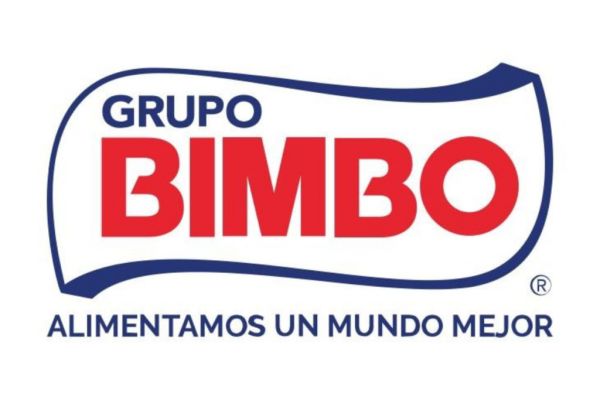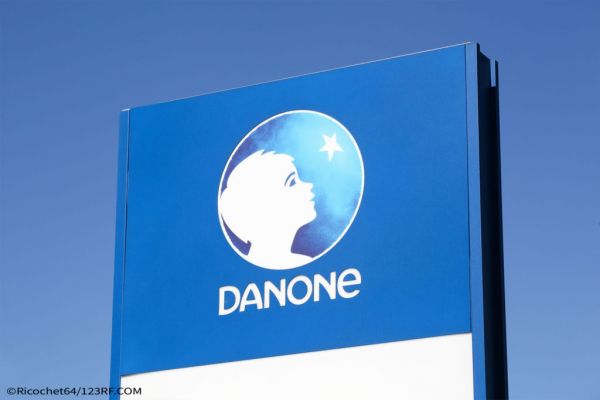The introduction of marketing restrictions on certain food and beverage categories, similar to those implemented on tobacco products, could impact firms by as much as $521 billion (€440 billion), a new study by Brand Finance has found.
The Brand Finance Marketing Restrictions 2021 report analysed the potential impact that marketing restrictions, such as restrictions on advertising through certain platforms, would have on the enterprise value of brands operating in the alcohol, confectionery, savoury snacks, and soft drinks categories.
It included an analysis of nine of the world's biggest food and beverage firms, including AB InBev, The Coca-Cola Company, Diageo, Heineken, Mondelēz International, Nestlé, PepsiCo, Pernod Ricard, and Treasury Wine Estates, and found that these could lose as much as $267 billion (€225 billion) in enterprise value should marketing restrictions be implemented.
That equates to around a quarter of their enterprise value, on average.
If the wider food and beverage industry is included, the loss in enterprise value is calculated at $521 billion.
The Role Of Brands
“Brands are integral to how the world operates," commented David Haigh, chairman and CEO of Brand Finance. "In times of crisis, brands – especially those most valuable and strongest in their categories and markets – become a safe haven for capital. Well-managed, innovative, and reputable brands are what the global economy turns to in the hour of need.
"Severe marketing restrictions are catastrophic, not only for brands, but for all stakeholders, from consumers and society, to investors and governments.”
Within the soft drinks category, for example, PepsiCo would stand to see the biggest decline in enterprise value in the event of marketing restrictions being implemented, with a potential loss of $62 billion, or $23 billion for its flagship soda brand.
Elsewhere, Coca-Cola would stand to lose $57 billion, of which $43 billion would be attributed to a loss in enterprise value for its flagship brand.
Alcoholic drinks brands would be particularly exposed in the event that marketing restrictions were introduced, the study found, with Treasury Wine Estates potentially losing 39.8% of its enterprise value, and AB InBev losing the equivalent of $40 billion.
Brands Need To Communicate
While the findings are hypothetical, the report suggests that brands should do more to communicate on causes that are of concern to shoppers, and do their part to support society.
As part of its report, Brand Finance also undertook a broad consumer survey, which found that 79% of consumers expect brands to provide superior product safety and production standards, 74% expect brands to undertake ethical sourcing and supply chains, and 73% expect big brands to have better employment practices than smaller businesses.
At the same time, respondents also recognised that brands can play a positive role – over 90% agree that brands encourage product quality and improve choice, and nearly as many point out the role of brands in limiting illicit trade.
At least three quarters of respondents also recognise the positive impact of brands on the economy, job market, media, environment, and supply chains.
© 2021 European Supermarket Magazine. Article by Stephen Wynne-Jones. For more A-Brands news, click here. Click subscribe to sign up to ESM: European Supermarket Magazine.














